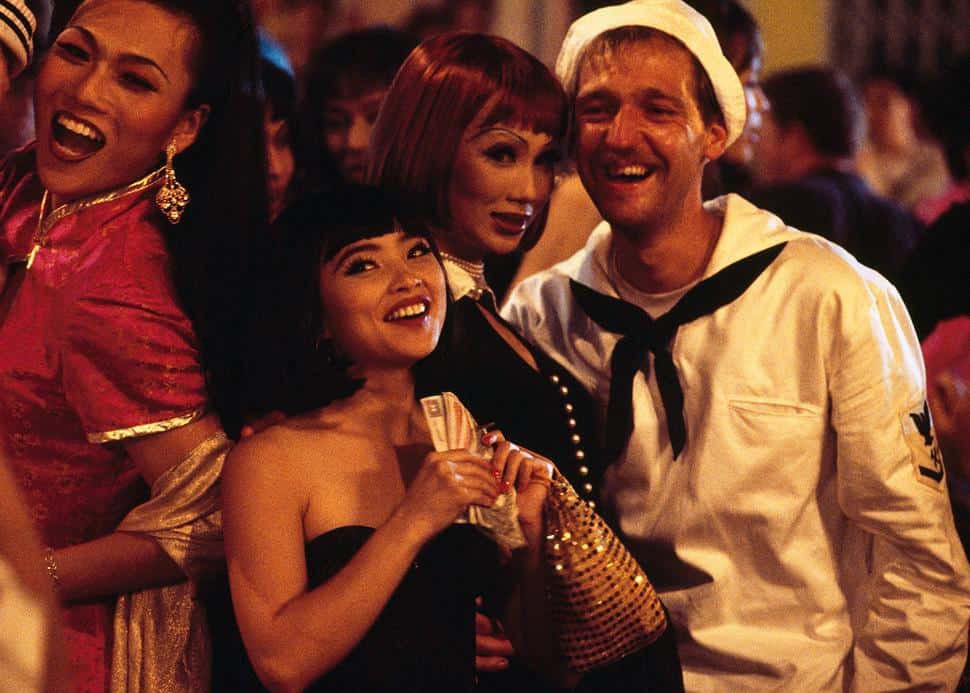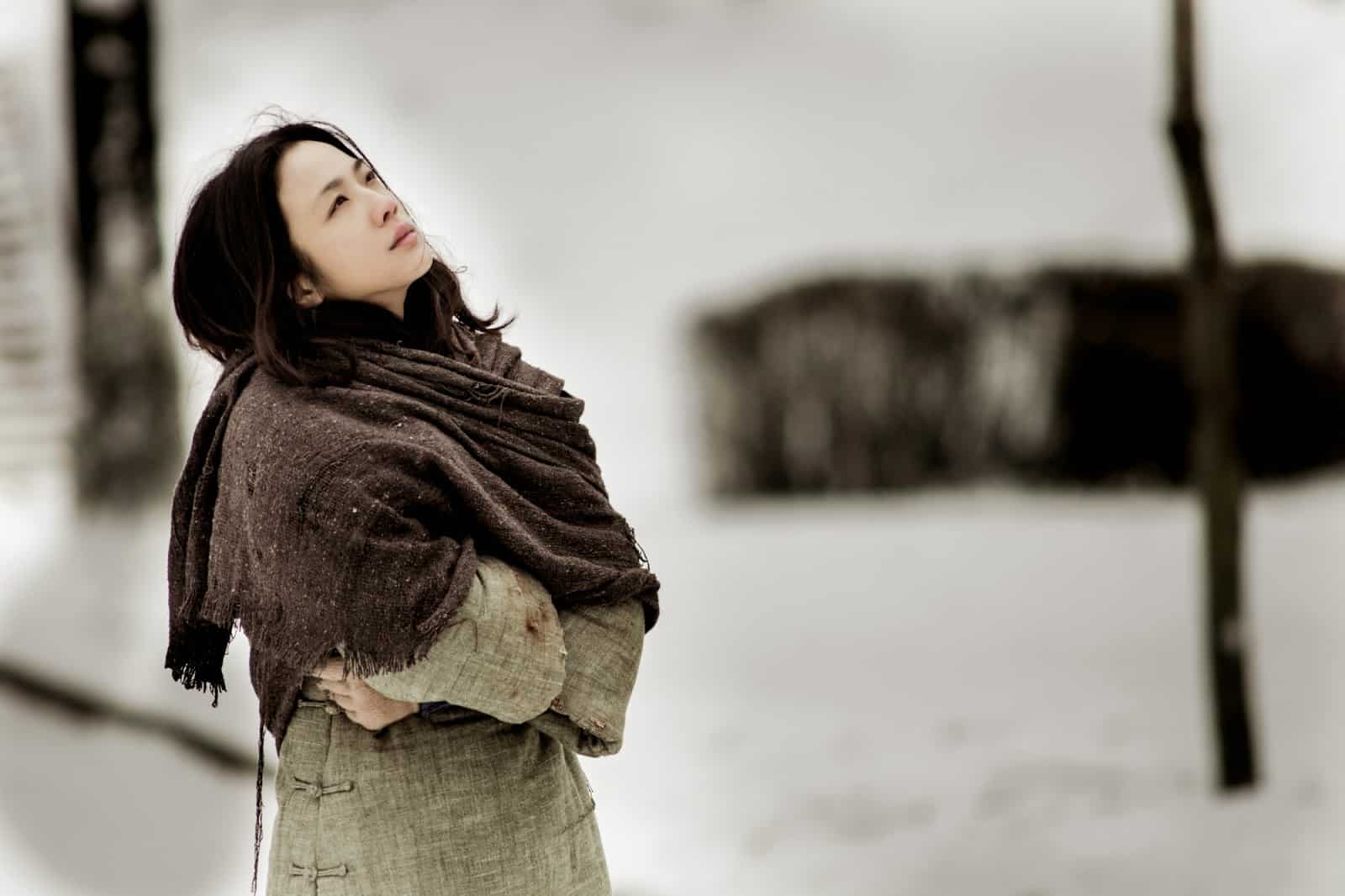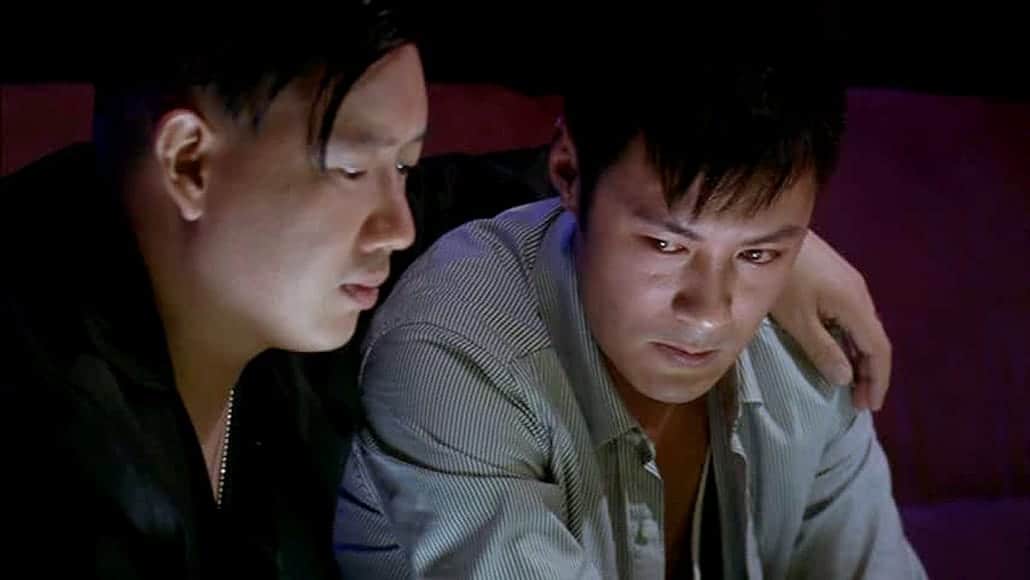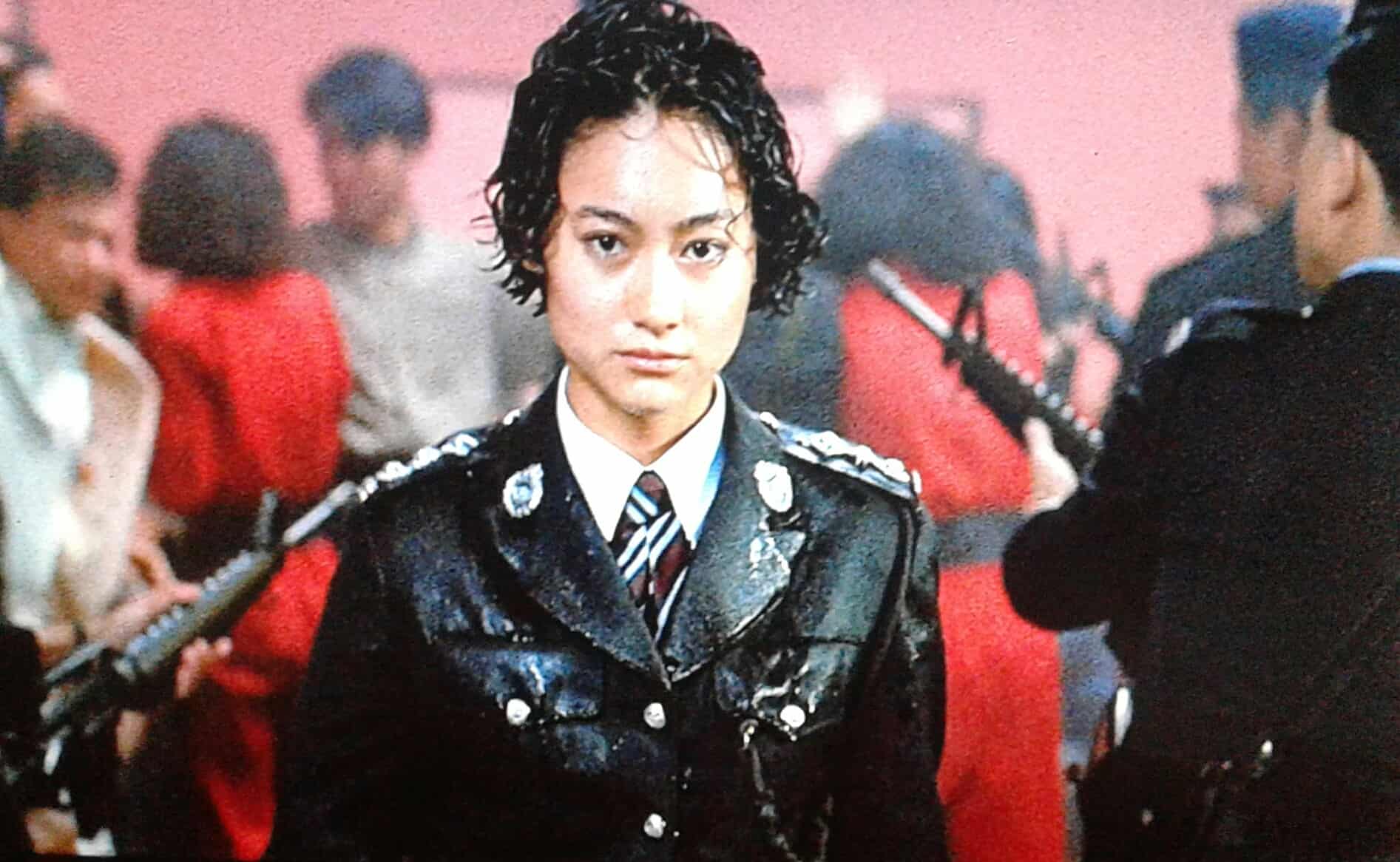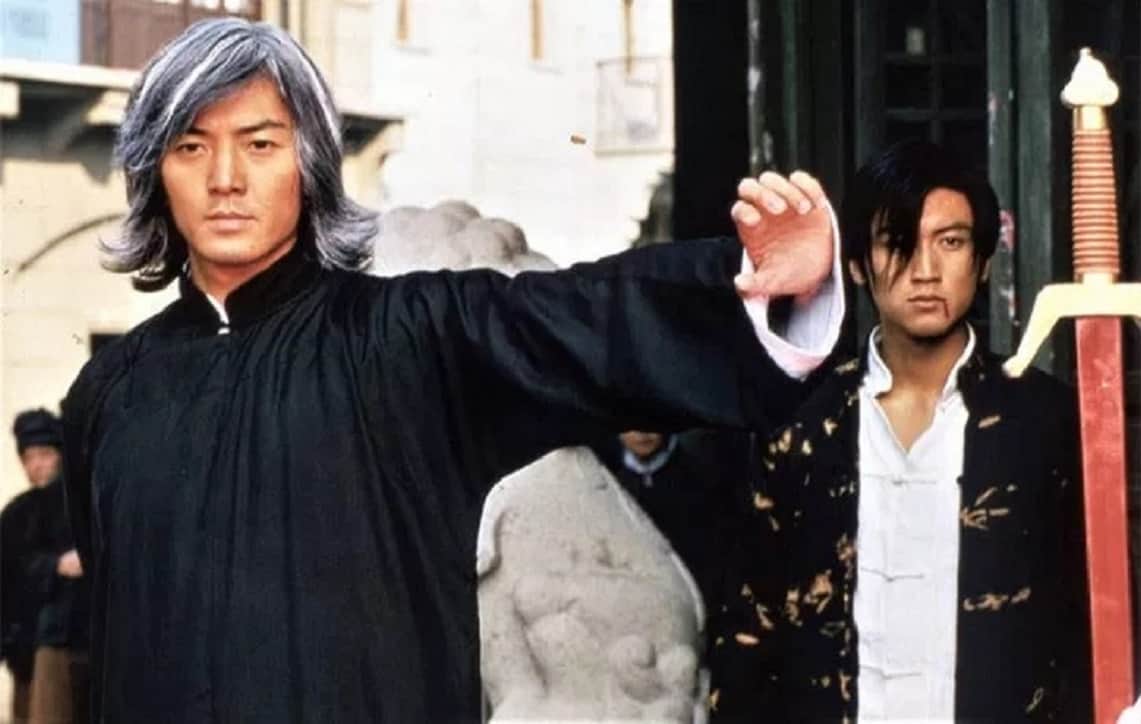Singapore's Bugis Street was renown in the 1950s-1980s for its night gathering of transgender persons, making it one of Singapore's top tourist destinations during that period.In the mid 1980's, Bugis Street went under major urban redevelopment into a modern shopping complex, as well as the construction of a subway station, which ended the area's prior nightlife for transgender persons. Yonfan came up with a movie that celebrated this bygone era and colorful aspect of Singapore, which became a minor hit at the box office, despite the sexually explicit R(A)Rating due to male full frontal nudity. In 2015, the restored version of the film was presented at the 26th Singapore International Film Festival as Bugis Street Redux at 103 minutes while a new restoration is screening this year in Venice at 4K and at 98 minutes.
“Bugis Street” is screening in Venice International Film Festival

The movie sets the tone from the beginning, with a POV shot of a party where a number of transgender are having fun with American sailors. One of them, Lola, is soon presented in the back of a trishaw, with one of the Americans, on their way to Sin Sin Hotel, where she is staying. After a night of intense and rather loud sex, the sailor refuses to pay the next day, when he realizes Lola is a transexual, only relenting when threatened by a triad gang that she is forced to call upon.
Check also this interview
Soon, we are introduced to another protagonist, 16 year old Lian, who has come to Singapore from Malaysia, where she worked as a maid in a rich man's house in Malacca, in order to take a job as a receptionist in Sin Sin. As greenhorn as they come, Lian is eventually shocked when she realizes that the women frequenting the hotel are actually transgender prostitutes for the most part, but soon becomes a kind of mascot for all of them. When Drago, a rather posh one that has been living in Europe, arrives at the hotel, Lian finds a mentor in her face, while a true friendship blossoms between the two. Among the various romances and adventures the girls experience, so does Lian experience a rather unusual coming-of-age.
This coming-of-age is actually one of the three main elements of the narrative of “Bugis Street”, with the presentation of the era and the life of the many transgenders that feature in the story being the other two. Yonfan manages to intermingle all three in the most artful fashion, with each one complementing the rest in harmony while all providing a relief of each other. In that fashion, we can also say that the script by Yonfan, Fruit Chan and Yuo Chan follows an episodic approach, revolving around the three aforementioned factors.
Lola and her relationship with Meng, an ultra sexual man (who is also the main source of male frontal nudity) who also begins to lust after Lian after a point, emerges as one of the main arcs, with the fights of the two being both dramatic and hilarious on occasion. The fact that Yonfan does not let Lian indulge in the attraction she also feels after a point emerges as a rather positive choice, as an event like that could easily absorb all other factors, and at the same time, intensifies the analysis of the young girl, which is one of the most appealing factors of the whole movie. The appearance of Drago is equally crucial, and particularly the way she helps Lian comes to terms with her blooming sexuality, while her relationship with her hospitalized mother adds another to both her analysis and the presentation of the lives of trans people in Singapore at the time.
This last aspect is another crucial one for the story, with them essentially being forced into prostitution as their sole means of survival and sexual relief, although Yonfan also takes care of presenting them as people who actually enjoy this way of life, to a point at least. That society has marginalized them, though, is also evident, with the hotel functioning as a ghetto, while the reaction of Lian, as soon as she realizes they are actually men, is indicative of the public opinion about them.
And talking about Lian, her portrayal emerges as rather appealing, with her innocence, her eventually disillusionment about how the world works, her friendship with Drago, her first feelings of love, the lies she tells herself (in a kind of diary she keeps) and others all being eloquently depicted in the film. Furthermore, the sense of loss she feels as she watches people coming and going from the hotel and realizing how things are changing also induces the movie with a very appealing sense of nostalgia, which is also heightened by the excellent soundtrack. Vietnamese Hiep Thi Le is excellent in the role, both in her general feistiness and cheerfulness, and in the moments she is sad or disappointed, in an anchoring performance for the movie.
Regarding the acting, Ernest Seah as Lola and Greg-o as Drago are the ones who stand out, with them presenting their antithetical, but equally flamboyant demeanor in the best fashion. Michael Lam as Meng on the other hand, seems to have the role of “The handsome” with him flaunting his beauty for the most part, without talking almost at all, in a role that can also be perceived as mocking regarding the how beautiful women were treated similarly in non-LGBT films at the time.
The overall depiction of the era and the lives of the transgender is another of the movie's best traits, with DP Hon-Pong Tang capturing both in the most realistic and artful fashion. The way the small hotel becomes a whole world in particular is impressive to watch, while the no-punches pulled approach in the bodies of the protagonists and the sex scenes is definitely intriguing. Equally interesting is the POV shots that are interspersed throughout the film, which give a new hypostasis to the narrative, which sometimes resembles that of mockumentaries. Ma Kam's editing induces the title with a sense of speed that suits the episodic approach here, while the slower scenes are also well integrated in the story.
“Bugis Street” is an excellent movie, both realistic and entertaining, and also a very important film for the unique presentation of a particular aspect of Singaporean society.


